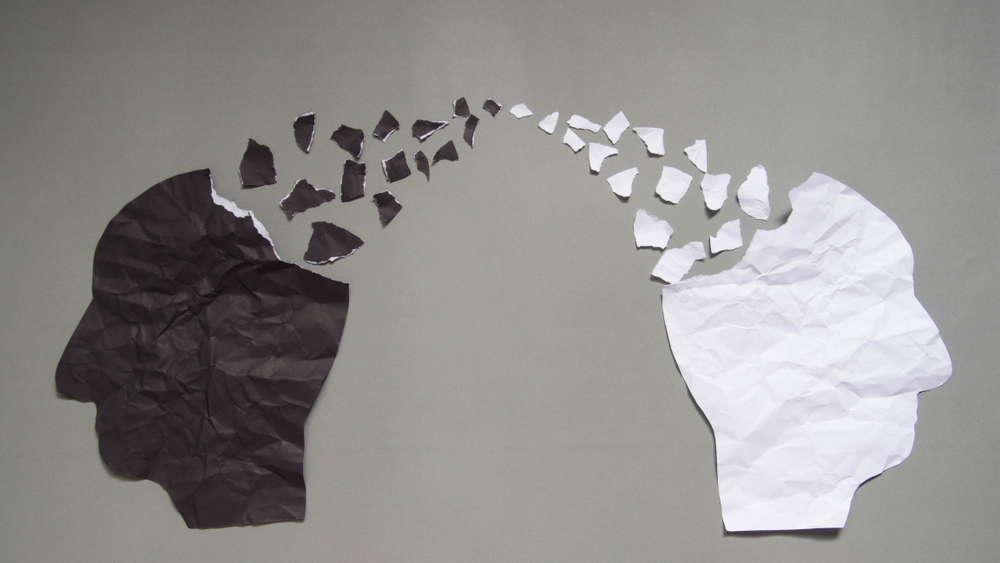Bipolar disorder is a mental health condition that causes dramatic mood and behavioral shifts. People with this mental health issue alternate between depressed periods when they struggle to function and manic episodes where they have ample energy and enthusiasm. These mood swings can affect sleep, energy, activity, judgment, behavior and decision-making abilities.
Symptoms of bipolar disorder can ebb and flow over time. Manic episodes can impact your relationships and your ability to perform well at school or work, while depression can make you feel worthless, guilty or suicidal. Mania can also cause psychosis, which may require a hospital stay. In observation of World Bipolar Day on March 30, here’s what you need to know about this disorder.
What Causes Bipolar Disorder?
As with other mental health issues, multiple factors contribute to the development of bipolar disorder, including genetics, biological and environmental factors. Some risk factors can also trigger the development of bipolar disorder, such as substance abuse or trauma.
The highs and lows of bipolar disorder may occur without warning and persist for days or weeks. During a manic phase, you may feel so enthusiastic and energetic that you go without sleep or frantically work on multiple projects. You might also lose touch with reality and behave inappropriately. When you are depressed, you can feel sad, apathetic and hopeless. However, between manic and depressed periods, you could be relatively stable and high-functioning.
Bipolar Disorder Diagnoses
Mental health is a spectrum involving many different variables and experiences. If you experience any symptoms of depression or mania that last longer than a week, see your doctor for a mental health screening. Depending on the duration and severity of your condition, a health professional may diagnose you with one of these types of bipolar disorder.
- Bipolar I
- Bipolar II
- Cyclothymia
- Bipolar with mixed features
- Bipolar with seasonal pattern
Treating Bipolar Disorder in California
While there’s no cure for bipolar disorder, it’s treatable. For example, talk therapy is an effective way to manage mental illness. It also helps to recognize what triggers your manic or depressive episodes, so you can seek additional support when you’re feeling unstable.
Specialized therapies can teach you to recognize negativity and grow emotionally and spiritually. At Hope by the Sea, we tailor our holistic programming to your specific needs, whether you’re a first-time client, recovering from a relapse or have a history of unresponsiveness to treatment.
When the ups and downs of bipolar disorder disrupt your life and cause you emotional turmoil, drugs or alcohol could start to seem like an outlet for your complicated feelings, leading to a co-occurring substance use disorder. At Hope by the Sea, we screen all our clients for dual diagnoses upon arrival and throughout treatment. To learn more about seeking help, contact our California rehab center today.

